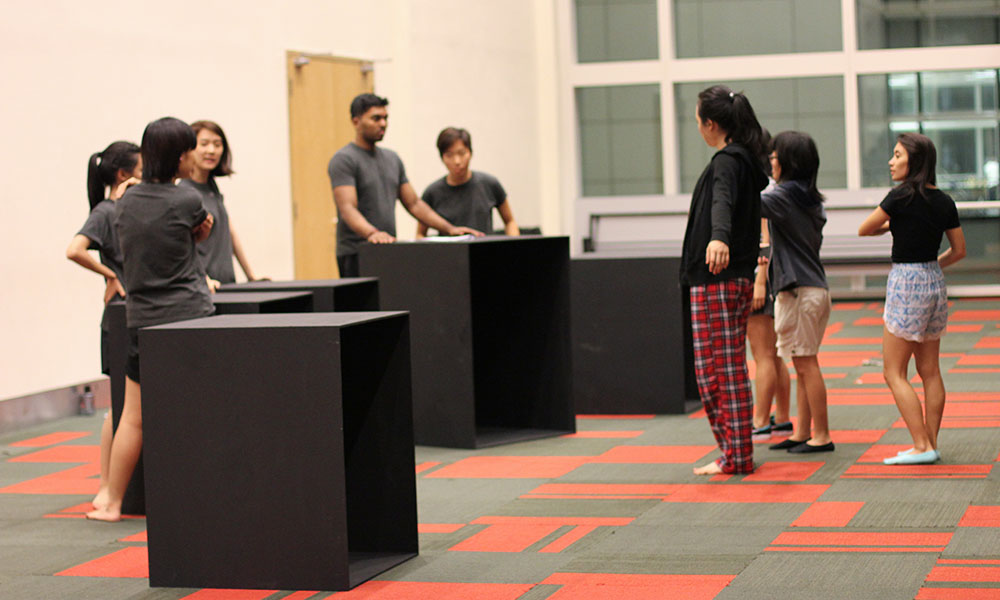By Vibrant Dot Staff
“Dizi Gui” (Standards for Being a Good Student and Child) is a traditional Chinese textbook for children that teaches children morals and proper etiquette.
Chapter Four of Dizi Gui, which is titled “Be Trustworthy”, teaches us precisely how to do this in our daily lives. The first lesson is that “Before using someone else’s things, we must make sure that we have their permission to do so. If we don’t ask, it amounts to stealing.”

Dizi Gui goes on to state: “When borrowing someone else’s things, return them on time. When others borrow things from you, if you have them don’t be stingy. By doing so, you will find it easier to borrow things from them in future, when you urgently need to do so.”
A good illustration of this lesson is Xu Heng, who adamantly refused to pick a pear that didn’t belong to him.
Xu Heng Declines to Pick Wild Pears
Xu Heng (许衡) was a neo-Confucian scholar and imperial official during the Yuan Dynasty (1271–1368 A.D.)
Once, when he was a child, he and his friends went to play in the wilderness on the outskirts of the town. It was a hot day and, after a particularly boisterous game, the children got very thirsty.
They noticed a pear tree by the road and began helping themselves to the pears. Xu Heng, however, was the only one who didn’t pick a pear, and instead sat quietly under the tree.
As his friends enjoyed their pears, they asked Xu Heng why he didn’t have one too. Xu Heng replied, “I cannot pick things that don’t belong to me.”
Upon hearing his response, his friends were upset and voiced their disagreement. One of them retorted: “You know what the current state of our country is like; the war has created turmoil and chaos, and people are dying or fleeing the country.
Besides, this pear tree does not belong to anybody, why can’t we pick some pears to eat? Wouldn’t it be stupid not to eat some?”
Xu Heng solemnly replied, “Perhaps this pear tree is indeed without an owner. But since we don’t know the truth, how can we disregard our conscience and assume that it doesn’t have an owner? Should we just do as we please and eat something that doesn’t belong to us?”
Despite his young age, Xu Heng was already governing himself with moral principles, and was able to articulate such a profound philosophical argument. Not only were his young friends perplexed, even an adult would have had a hard time understanding his point of view.
Despite this incident, Xu Heng continued to stick to his moral principles instead of conforming to prevailing societal norms and beliefs. He studied diligently and became the leading scholar in the court of the Mongol ruler Kublai Khan (1215–1294 AD).
Governing oneself with the right principles is a choice we make based on our beliefs and life purpose: how responsible we are with our lives, what path or direction we set ourselves on, and choosing to do the right thing.
With such a life, even if we don’t leave an indelible mark in history, we would still have led an extraordinary and virtuous life. Having principles in one’s heart is an important element to leading a righteous life.
















